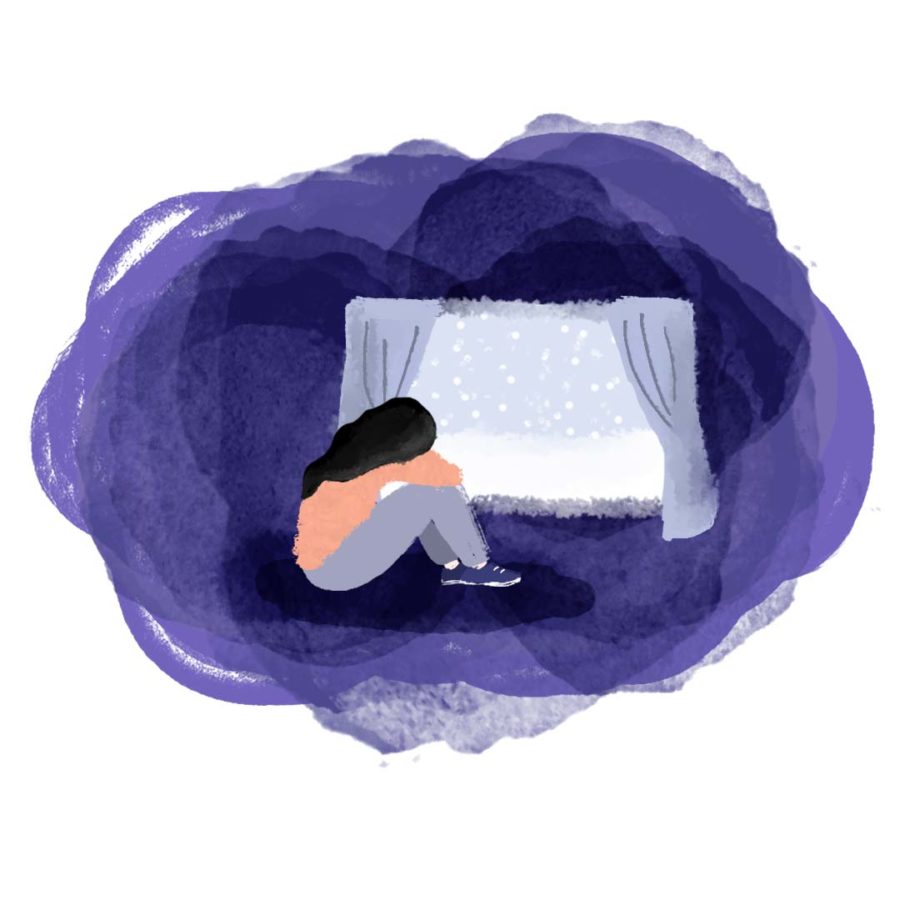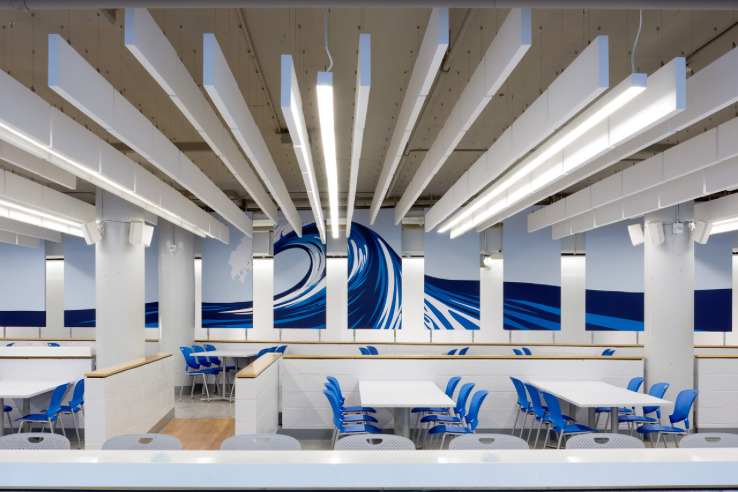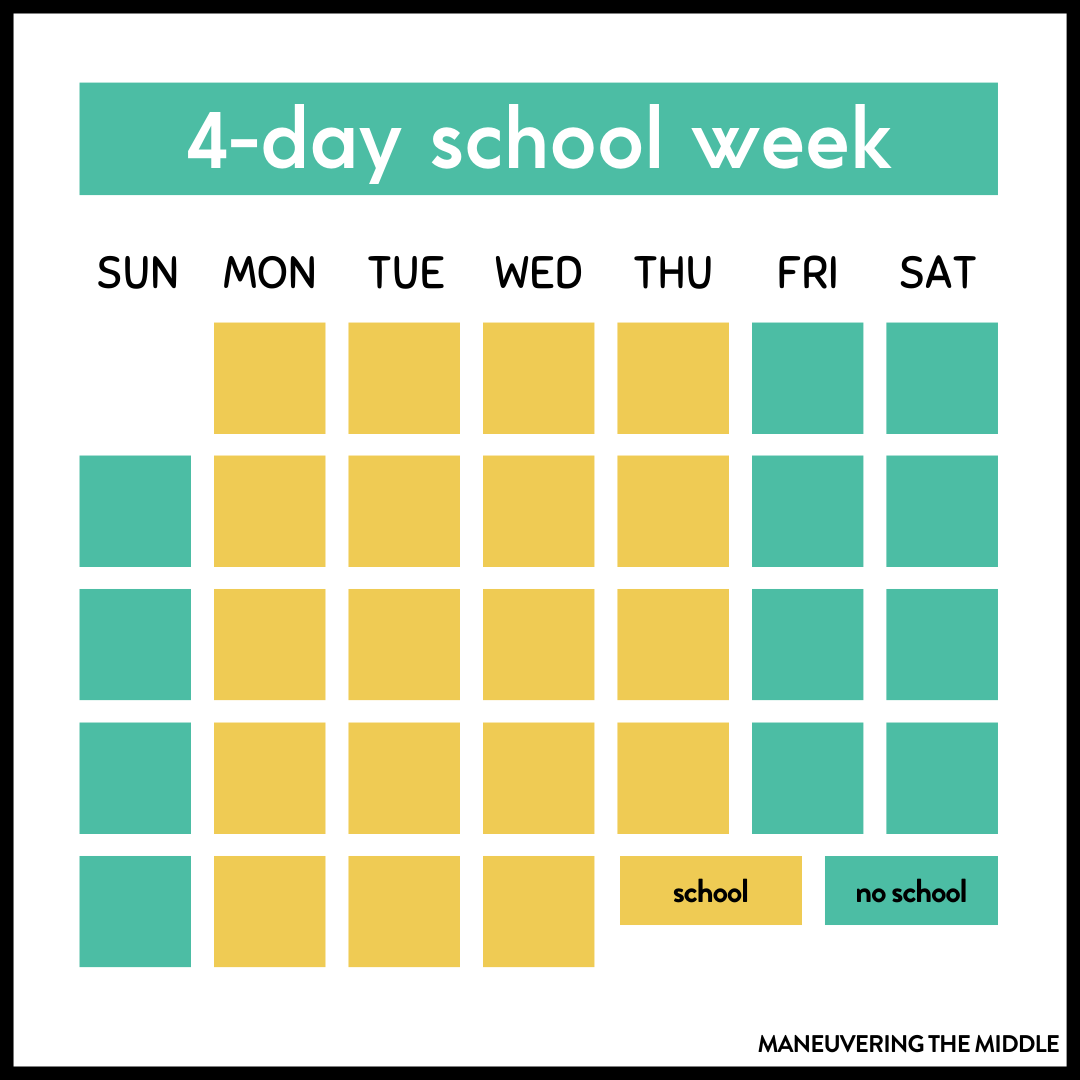As the days get shorter and the air gets colder, some of us at DHS may begin to feel more blue. Seasonal depression, a term that has, in recent years, become more prominent in the vernacular, is a subtype of depression or bipolar disorder.
The Facts
Every year, about 5% of the U.S. experiences seasonal depression. As one might expect, the chances of experiencing seasonal depression increase the farther one is from the equator. Additionally, seasonal depression is more common in women with four out of five sufferers being females. Symptoms of seasonal depression are feelings of emptiness, fatigue, depression, difficulty sleeping, or oversleeping.
Causes
Scientists believe that seasonal changes in serotonin and melatonin likely cause seasonal depression. Serotonin is a chemical message carrier connected to body functions such as mood and sleep. Brain scans conducted by researchers have shown that those with seasonal depression during the winter have higher levels of what is known as a serotonin transporter protein. This protein removes serotonin, thereby negatively affecting the moods of these individuals.
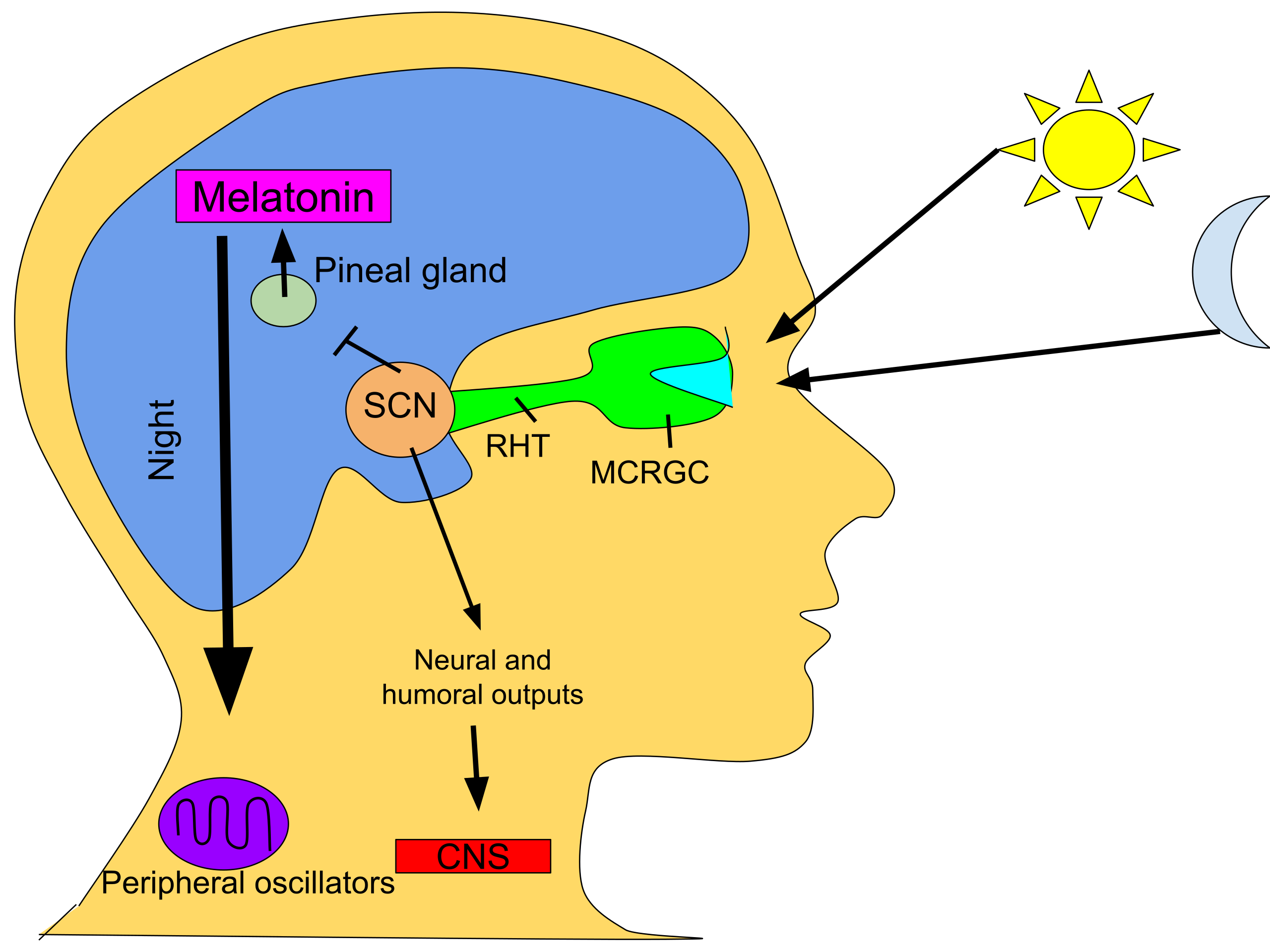
The hormone melatonin, which also affects sleep and mood, is also believed by scientists to be linked to seasonal depression. Melatonin production is increased in the dark. This means that when the days get shorter in the winter, there is more time for melatonin to be produced. This excess production can cause tiredness and lethargy which are some of the primary symptoms of seasonal depression. Melatonin can also disrupt an individual’s circadian rhythm which is the body’s biological clock. This disruption lowers sleep quality, which in turn negatively impacts mood and heightens the effects of depression.
Testimonies From Darien High School
Junior Caitlin Kelly says, “I like the four seasons here. I don’t get sad in the winter because my family is really into hockey.” Senior Grant Wang agrees, saying that when he is determining where to apply for college, a “warm climate is an extra bonus.” Fellow Senior Kai Sparks is also applying to schools in warm climates such as Los Angeles because “cold weather makes me less happy.”
As one of DHS’ athletes already committed to a college, Senior Sarah Donnelly, a star tennis player, says she “chose Washington and Lee over Colby because it would have been harder to play tennis in that cold environment.” The diversity of climate motives shown by DHS’ student body exemplifies how everyone experiences seasonal changes differently.
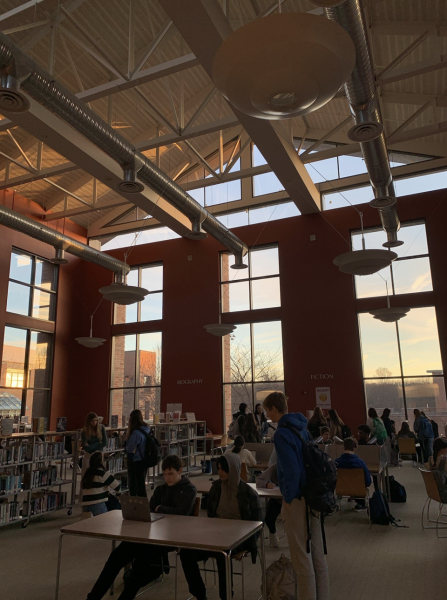
Treatment
Mental Health America says that “phototherapy or bright light therapy has been shown to suppress the brain’s secretion of melatonin.” Despite a lack of research to back these findings up, studies show that light therapy has been effective on 85% of diagnosed cases. Phototherapy is most commonly administered as prolonged exposure to “a bank of white fluorescent lights on a metal reflector and shield with a plastic screen.”
Since seasonal depression is a subset of depression, antidepressant drugs can be effective if phototherapy does not work. However, there are also easier, “at home” treatments that professionals recommend. More time outdoors, despite the cold, is recommended as well as regular exercise to release endorphins.

